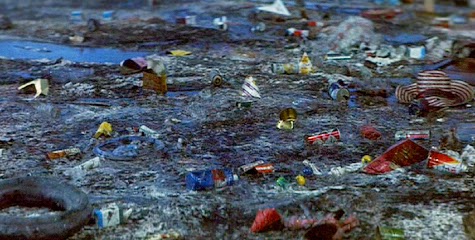- Joined
- Feb 16, 2020
- Messages
- 992
- Reaction score
- 995
2 questions about global warming I never quite understood
First off: the goal is to reduce global warming to 'less than 2C'. Currently we are at around 1.5C of warming I believe?
My question is how is 2C even 'that bad'? The Arctic is cold. Like really really cold. Around -20C in winter and 5C in summer, basically every day. There are parts that are even colder, some parts of Russian Siberia average below -40C in the winter for approx 6 months. 6 months of eternal freezing cold. How would a 2C increase to -38C cause any change at all? Seems like nothing really would happen. The only places that would see a noticeable effect would be like the east coast of U.S., where a 2C increase could bring some parts from a -1C average to a 1C average. Which would mean a lot less snow for some mild parts but the actual arctic and super cold regions would still stay super cold.
It was -89F in Yakutia earlier this winter, I don't see how bringing the temp up to approx -84F is going to cause any sort of difference. It's still fucking cold.
Second if the Arctic is warming faster than average what are the regions that are warming slower than average? I want to be able to play in snow 100 years from now and want to buy land in places that are more resilient.
First off: the goal is to reduce global warming to 'less than 2C'. Currently we are at around 1.5C of warming I believe?
My question is how is 2C even 'that bad'? The Arctic is cold. Like really really cold. Around -20C in winter and 5C in summer, basically every day. There are parts that are even colder, some parts of Russian Siberia average below -40C in the winter for approx 6 months. 6 months of eternal freezing cold. How would a 2C increase to -38C cause any change at all? Seems like nothing really would happen. The only places that would see a noticeable effect would be like the east coast of U.S., where a 2C increase could bring some parts from a -1C average to a 1C average. Which would mean a lot less snow for some mild parts but the actual arctic and super cold regions would still stay super cold.
It was -89F in Yakutia earlier this winter, I don't see how bringing the temp up to approx -84F is going to cause any sort of difference. It's still fucking cold.
Second if the Arctic is warming faster than average what are the regions that are warming slower than average? I want to be able to play in snow 100 years from now and want to buy land in places that are more resilient.




